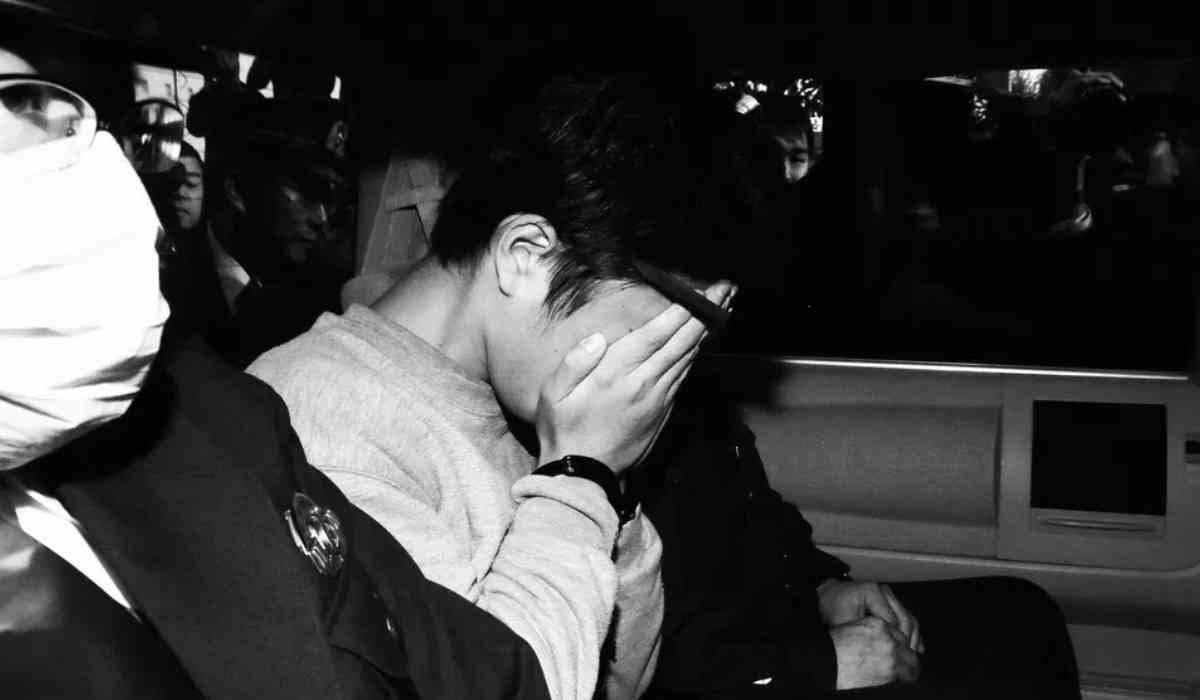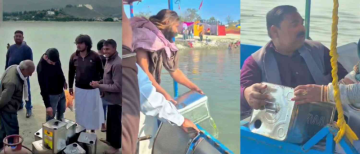Japan executed Takahiro Shiraishi, known as the “Twitter Killer,” on Friday, June 27, 2025, bringing closure to one of the country’s most shocking criminal cases in recent memory. Shiraishi, 34, was convicted of murdering and dismembering nine people, most of them young women, after contacting them through social media platforms, mainly Twitter (now X).
How the Crimes Unfolded
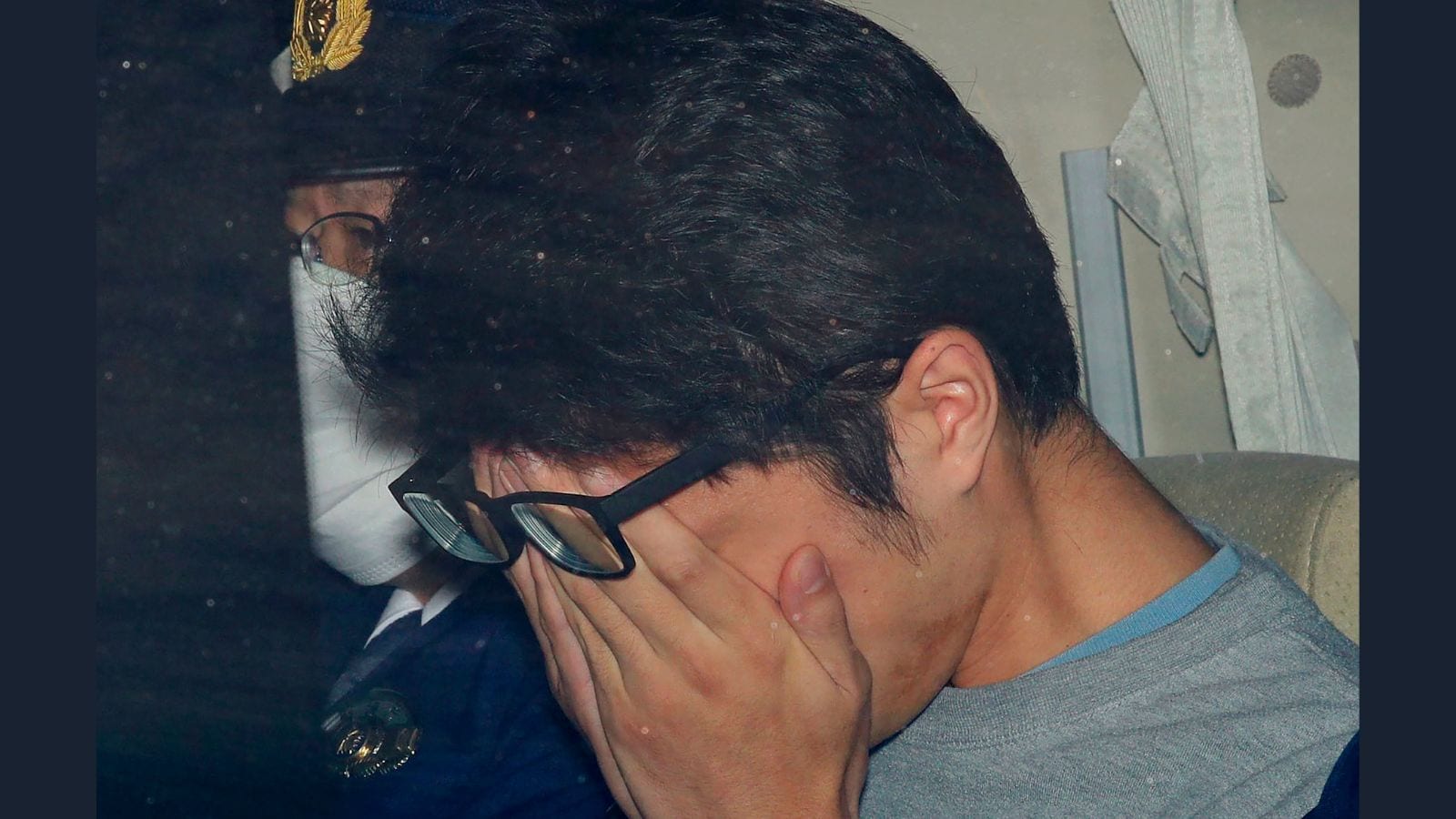
The crimes took place in 2017 in Zama, Kanagawa Prefecture, near Tokyo. Shiraishi targeted individuals who had posted about suicidal thoughts online. He reached out to them, offering to help them end their lives or even die alongside them. Tragically, his real intentions were far more sinister. Once he gained their trust, he lured them to his apartment, where he strangled and dismembered them. The victims were eight women and one man, aged between 15 and 26.
Police discovered the gruesome scene in October 2017 after investigating the disappearance of a 23-year-old woman. Inside Shiraishi’s small apartment, authorities found three cooler boxes and five containers filled with human remains. The case quickly gained national and international attention due to the scale of the violence and the use of social media to find victims.
The Trial and Execution
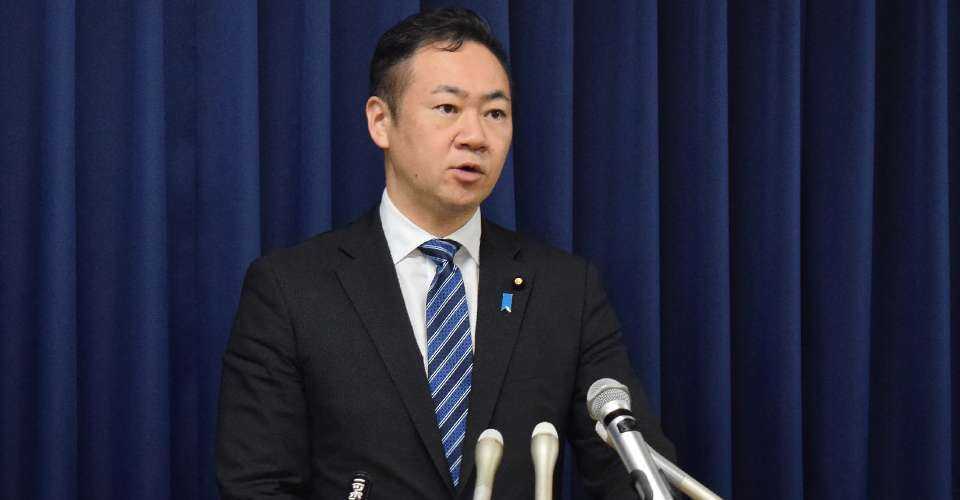
Shiraishi confessed to the murders and was sentenced to death in 2020. He admitted to targeting vulnerable people online, exploiting their emotional pain for his own sexual and financial gain. The Justice Minister, Keisuke Suzuki, described Shiraishi’s motives as “extremely selfish” and said the crimes caused “great shock and unrest to society”.
On Friday, Shiraishi was hanged at the Tokyo Detention House. In Japan, executions are carried out by hanging, and inmates are typically notified only hours before the execution. The process is kept secret until it is completed, a practice that has drawn criticism from human rights groups for the psychological stress it places on death row inmates.
This was Japan’s first execution since July 2022 and the first under Prime Minister Shigeru Ishiba’s government, which took office in October last year.
Public and Legal Debate
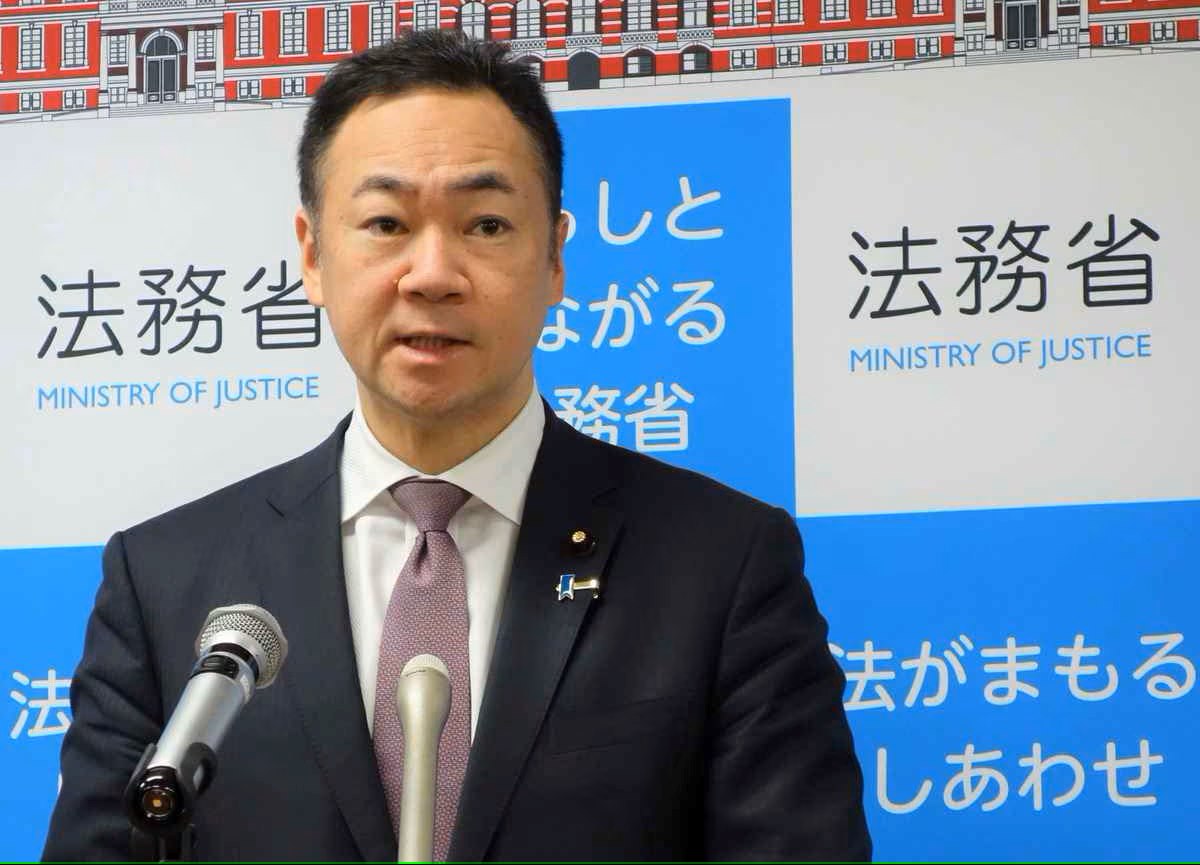
The case has reignited debate in Japan over the death penalty. Japan and the United States are the only major industrialized democracies that still use capital punishment. Public support for the death penalty remains strong in Japan, especially for cases involving extreme violence. However, there are growing calls for abolition, particularly after the recent exoneration of Iwao Hakamada, the world’s longest-serving death row inmate, who was found innocent after decades in prison.
Justice Minister Suzuki defended the decision, saying, “It is not suitable to eliminate the death penalty while these violent offenses continue to occur.” As of now, there are about 100 prisoners on death row in Japan, many seeking retrials.
Social Media and Mental Health
Shiraishi’s crimes also sparked a national conversation about mental health, suicide, and the dangers of social media. Many of his victims had posted about their struggles online, making them vulnerable to predators. The case highlighted the need for better support systems for people experiencing emotional distress and stricter monitoring of harmful content on social platforms.
Japan has one of the highest suicide rates in the world, although it had been declining before the COVID-19 pandemic. The pandemic’s lingering effects have caused a recent rise in suicide rates, making mental health support even more urgent.
What Does This Mean for Japan?
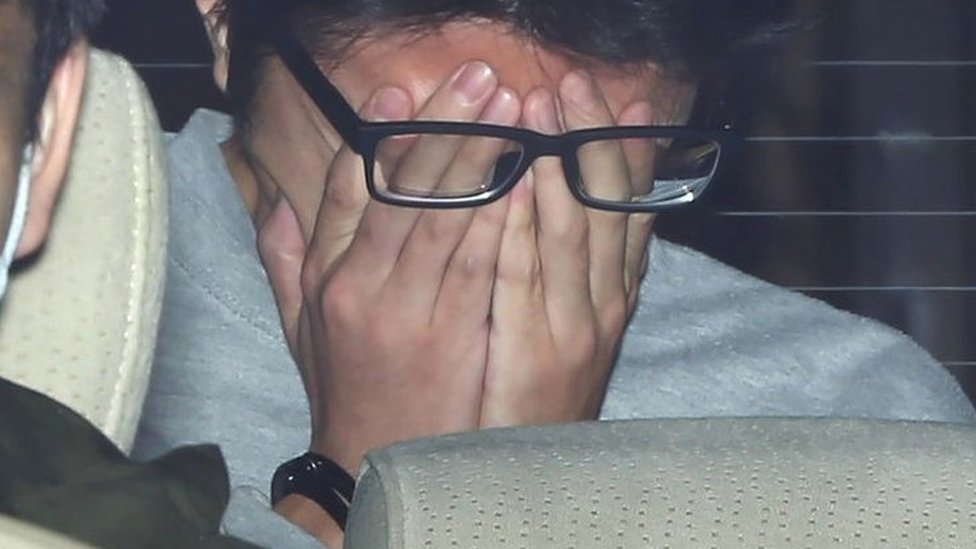
The execution of the “Twitter Killer” closes a dark chapter in Japan’s criminal history but leaves important questions for society. While many see the death penalty as necessary for justice in extreme cases, others argue for a more humane approach and worry about the risk of wrongful convictions. The case also underlines the importance of mental health care and online safety in an increasingly digital world.
As Japan reflects on this tragedy, the hope is that lessons will be learned to protect vulnerable individuals and prevent such crimes in the future. The conversation about justice, punishment, and support for those in need continues, reminding everyone that behind every headline are real people and real lives affected.
With inputs from agencies
Image Source: Multiple agencies
© Copyright 2025. All Rights Reserved Powered by Vygr Media.

